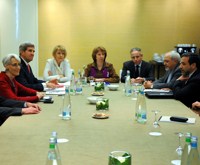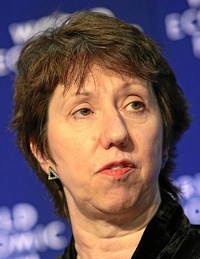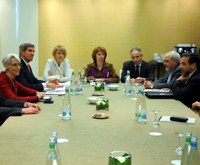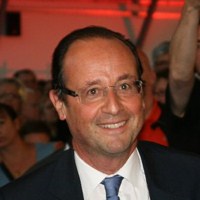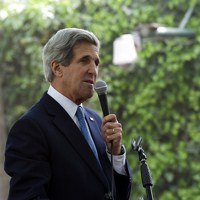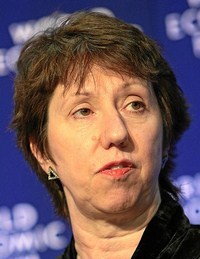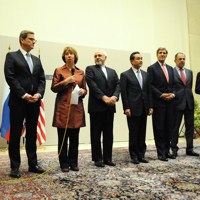
The ink was not dry on the agreement that the United States and its five partners signed with Iran over the weekend before criticism exploded. Israeli Prime Minister Benjamin Netanyahu called it “a historic mistake,” while his economic minister, Naftali Bennett, said, “If five years from now a nuclear suitcase explodes in New York or Madrid, it will be because of the deal.” Former U.S. diplomat John Bolton called it “abject surrender.” And all of this is just the opening round: During the coming weeks there will be an outpouring of attacks on the agreement. The freshly signed deal is […]

